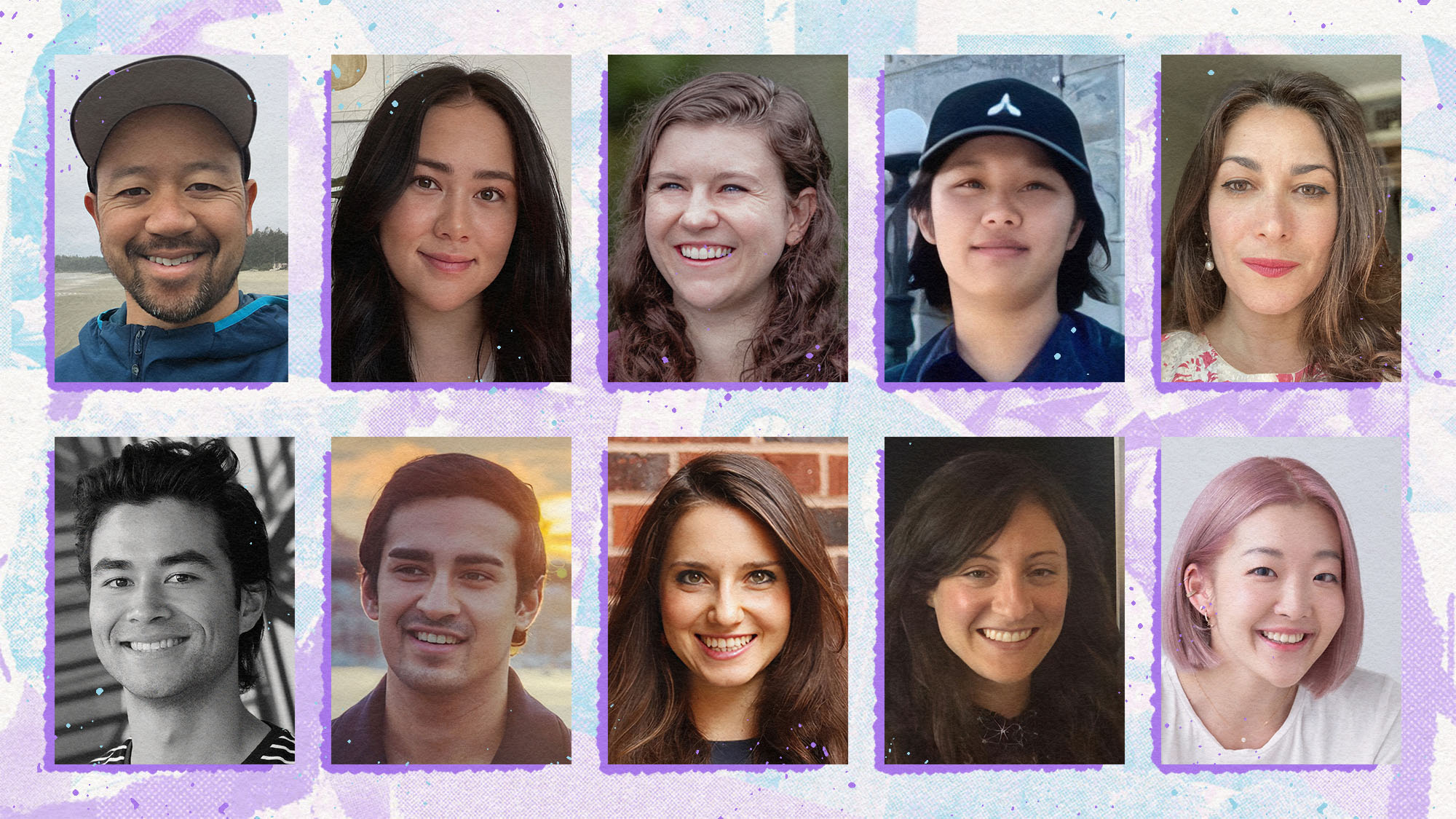By Katie Fedosenko
Undergrad investigates Canadian lingo alongside professors
Anyone who has ever wrestled with an American spell-check knows very well that Canadian English is different. We have extra ‘u’s in ‘colour’ and ‘humour’, we’re travellers, not travelers, and we have the dignity to end our alphabet with a zed, as the Queen intended. But Canadian English is more than just a mash-up of U.S. and U.K.; it is an idiosyncratic creature in its own right. And if you’re very clever, you can make a career out of studying it.
Although she just finished her BA, Katrina Lo is already an award-winning researcher. A recent English grad, Lo developed her research skills early in her undergraduate career, won the Russ Patrick Arts Research award, and works in the English research lab on Canadianisms with professors Stefan Dollinger, Margery Fee and Laurel Brinton. Not many people are aware of what happens in the English research lab—Lo hopes to clarify what happens behind the doors of the Buchanan tower office where she consults databanks and dictionaries.

“English research is more than looking up words. It contributes to a greater store of knowledge that includes other fields. Words affect our mindset-they’re related to the psyche of people, to society and to culture,” said Lo.
Lo got into research in ENGL 229 with Dollinger, where students researched Canadian words. She gathered data on the Canadian English word ‘bateau’, and as a result was invited to work in Dollinger’s lab to help create an updated version of the Dictionary of Canadianisms on Historical Principles, originally published in 1967. “It needs a lot of revising,” she said.
The Canadianisms lab is supported by SSHRC and other funding bodies, such as the Arts Undergraduate Research Award, which Dollinger won in January 2008 and 2009 to hire work study students to work as researchers. “Part of our research includes antedating, which is finding a usage that pre-dates the earliest record of a headword in other dictionaries,” said Lo. In other words, their research looks at how, where, and when words have been used in Canada. For example, already back in 2006, Dollinger released a paper on the use of ‘grow-op’ and its usage through BC and subsequent spread to other provinces. “With the internet, it’s amazing how fast new words can spread,” said Lo.
When Lo won the Russ Patrick Arts Undergraduate Research award for her research on ‘bateau’, she was surprised. While Dollinger gave “great encouragement” said Lo, she didn’t think she stood a chance when she applied for the award. “I had thought that no one cared about English research. Research in other fields like psychology, sociology, and family studies seemed more important,” said Lo.
According to Lo, this research contributes to our idea of a Canadian identity as well as future linguistic research. Once the lab gets the required funding and finishes the editing process, the Dictionary of Canadianisms on Historical Principles Online will be made available.
Recently accepted into the English graduate program, Lo is interested in Renaissance and contemporary Canadian literature, which she hopes to fuse together into an interesting combination and continuation of her undergraduate research. “Literature can create new Canadianisms,” said Lo.


